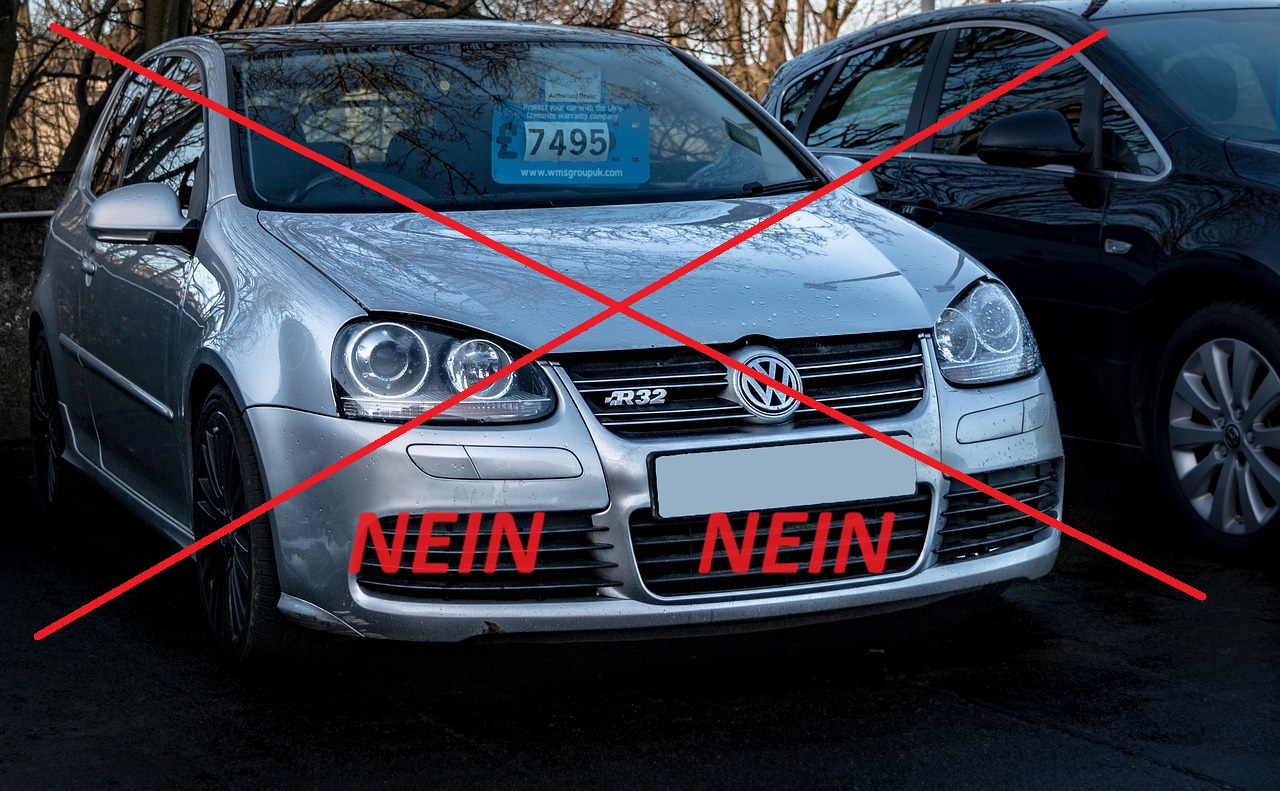International
German transport minister wants weekend driving bans for climate reasons

German Transport Minister Volker Wissing responds to the demand with a threat: weekend driving bans. Wissing is accused by the Greens of not doing enough to achieve climate goals. Thus admitting yet another failure of the utopian climate policies of Germany’s “traffic light” government and his own personal ones.
Will Germans accept staying home on weekends, virtually unable to travel, or will they wait until the next election to divest themselves of this experiment?
The political maneuverings of Federal Transport Minister Volker Wissing are easy to understand: the threat of traffic bans serve, above all, to scare everyone and push for the passage of a reform of the climate law in a more “comprehensive” sense.
With this reform in the future, there will no longer be targets linked to individual sectors, such as industry, energy, transportation, etc, but the targets of individual sectors can be offset. So if, for example, Industry’s emissions decline will be 5 percent better than the targets, allra this success can be used to offset the failure of, for example, transport.
In this mood, however, the goals of individual ministers and sectors are dissolved in the overall failure, or success: in the end, a war will ensue between ministers who will be able to offload failures onto their colleagues, unless German deindustrialization proceeds at a speed that ensures that the decarbonization of the industrial sector (to be read as deindustrialization) is not such that it offsets all others.
This would be especially important for Wissing because its transportation sector has so far failed miserably in terms of climate protection. In 2022, German transport was responsible for about 148 million tons of greenhouse gases, contributing about 20 percent of Germany’s emissions. As other sectors have reduced their emissions much more, transportation’s share of Germany’s total emissions has increased by seven percentage points since 1990. That’s why the clock is ticking: to meet the climate goals for 2030, emissions would have to fall 14 times faster than before.
The reform will allow Wissing to offload its emissions onto others. German-style cleverness.
Emergency exit for climate protection failures
This demonstrates the weakness of the planned reform of the Climate Protection Act. It relieves the pressure on climate protection failures, which may lead them simply to continue as before. In schools, it would not be a good idea to compare the mediocre grades of the weakest students with those of the best-performing students just so that everyone can be promoted.
To stay with the previous example: the Wissing threat of weekend driving bans sounds to me like the defiant retaliation of a seventh-grade teenager whose parents suggested that he learn a little more math and play less soccer. “Fine,” says the teen, “then I’ll never play sports again; just sit at my desk and become a fat nerd.”
“Fine,” says Wissing, “if you want climate protection in traffic, then we will simply ban weekend driving.” Well bravo encore, and, most importantly, after imposing the movement ban by law, go find votes, especially among moderates.
An absurd target, but the minister does nothing about it
Climate goals may be absurd, but Wissing is not doing anything at all as minister. non-renewals of infrastructure to make it more efficient. No technical guidance has been issued to improve the efficiency of vehicles, which, in general, would not hurt. There has been no effort to improve corporate fleets. In short, Minister Wissing probably does not believe in his mandate in the end, so he does nothing.
In the end, to hide his listlessness, he threatens to impose a car stop on weekends. Will the Germans believe him?






